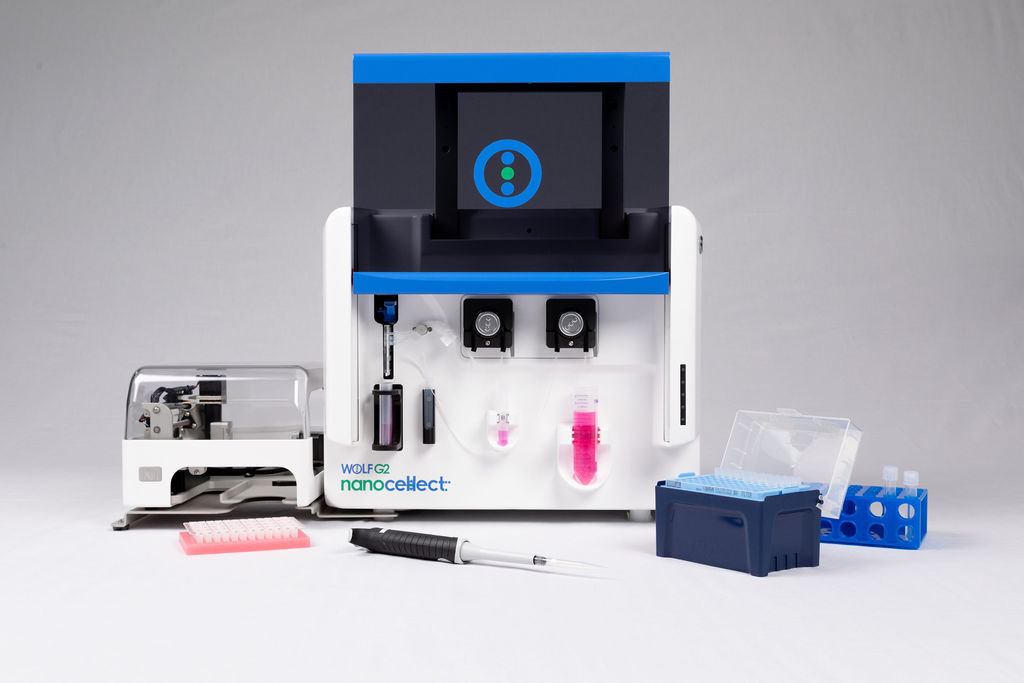With Benchtop Microfluidic Cell Sorting, NanoCellect is committed to empowering every scientist to make discoveries one cell at a time.
Accelerate to discover
Related topics

Gentle Cell Sorting Advancing ALS Research
Amyotrophic lateral sclerosis (ALS), also known as Lou Gehrig’s disease, is a fatal neurodegenerative disease marked by the progressive loss of motor neurons. As these neurons that control muscle movement die, patients lose the ability to walk, speak, swallow, and eventually breathe. While some ALS cases are inherited, most are sporadic, and the biological mechanisms driving disease remain only partially understood.
One of the most powerful tools to study ALS is the use of induced pluripotent stem cells (iPSCs). By reprogramming adult patient cells back into a stem cell state, researchers can generate motor neurons, astrocytes, and microglia that carry the same genetic mutations as the patient. These iPSC-derived models allow scientists to observe disease processes in human cells, which is something that was not possible with earlier animal models or immortalized cell lines. iPSCs also enable comparisons across different genetic subtypes of ALS, helping reveal both common and divergent disease mechanisms.
Related technologies: Cell sortingSingle Cell OmicsSample preparation




